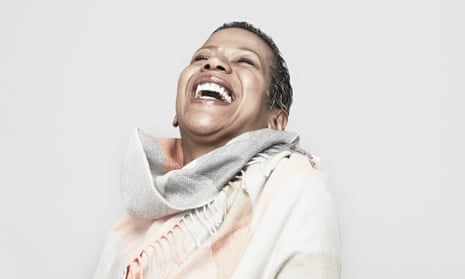Most atheists I know talk about their “lack” or “rejection” of religion– their active stance against belief in any higher power. But for me, it’s not active at all.
For a long time I felt the need to defend my passive atheism against believers and non-believers alike. Believers, of course, accused me of having no moral compass, or pitied me for apparently being too dumb to know what I was missing. In those moments, I could see why people would seek out atheist communities (of which there seem to be more every day). Given that, according to some recent polls, people are more likely to vote for just about any other candidate over an atheist, and about 73% of Americans believe in either Creationism or god-guided evolution, finding a gathering of like-minded people can certainly sound comforting.
But as defensive as I’ve gotten with believers, I’ve never actually been tempted to join an atheist group. Partly, that’s because it’s hard to avoid the white men ruining it for the rest of us by using atheism as just another platform for a macho power struggle. Atheism offers no guarantee of other shared ideas or philosophies – and when white male atheist leaders and communities act racist, Islamophobic and misogynistic, I find myself wishing that there were another way to describe my non-beliefs.
More to the point, though, I cannot personally see the point in aligning myself with people based on what you don’t believe – and I’ve almost always not-believed this way. When I tell people I don’t believe in any god they often assume it’s out of spite, like the only way you could come to this conclusion is through rebellion, but if it was, then I started young.
When I was four or five, we went to visit my great-aunt’s family for Thanksgiving and, as was customary in her house, everyone stood and joined hands to say grace before the meal – a custom I was unfamiliar and unhappy with. So before we could reach the end, I shouted at the top of my lungs “I don’t want to play this game!”
Aside from grace at my great-aunt’s, my upbringing had very little religion for me to rebel against. Nobody in my immediate family attended regular religious services of any kind (unless you count the shrine to Shiva my grandmother built in her guest room). My dad worships at the altar of Carl Sagan. Twice over the course of my childhood, my mom’s family asked us to join them at church on Christmas Eve, and both times I remember being thoroughly confused about what Jesus had to do with Santa and presents. Mainly, though, everybody close to me describes themselves as “spiritual” or “non-religious”, and god – or the lack thereof – just isn’t something we talk about.
I was, however, raised knowing that religion was something other people had, and something I could have if I wanted. My mom read me some stories from a children’s Bible; I hung out with my Jewish friends on Hanukah; I painted flour-paste flowers on the walkway with my grandmother for Diwali. I took it all in, but it never became something I felt like I needed. Like veganism or Twilight fandom , I get what it does for other people; I just know it isn’t for me.
Why do I need to explain something that plays no part in my life, though? I don’t believe in god the same way I’m not from Canada – there’s no explanation, it’s just how things are. And yet much of the mainstream atheist community still defines itself in relation to religion, as if you learn something about a person by knowing what they’re not. I understand the desire to feel like part of a community: that’s what most people turn to religion for in the first place.
It wasn’t until relatively recently that I realized that not all believers center their every decision around religion: for them, their religious convictions are something softer to check in with from time to time, not the brash fire-and-brimstone philosophies I saw from those who made religious identity their public faces. For some people, belief is a part of their lives, not the whole of their identity.
For me, atheism is similar: my life is bigger than my non-belief. I have the freedom to find my own community of believers and non-believers – of people who share my interests and those who don’t – who I just enjoy for who they are. God, or no-god, has nothing to do with that.
